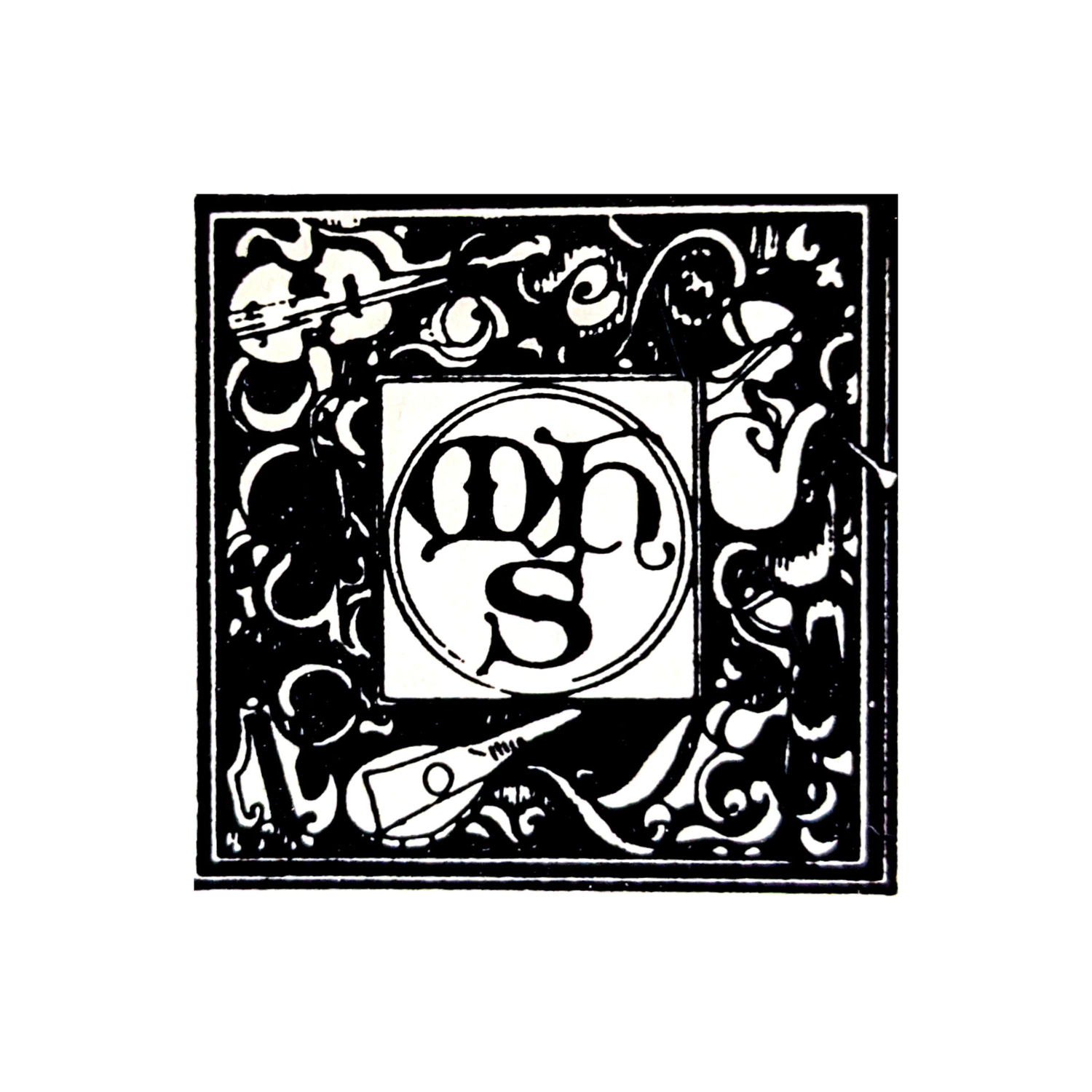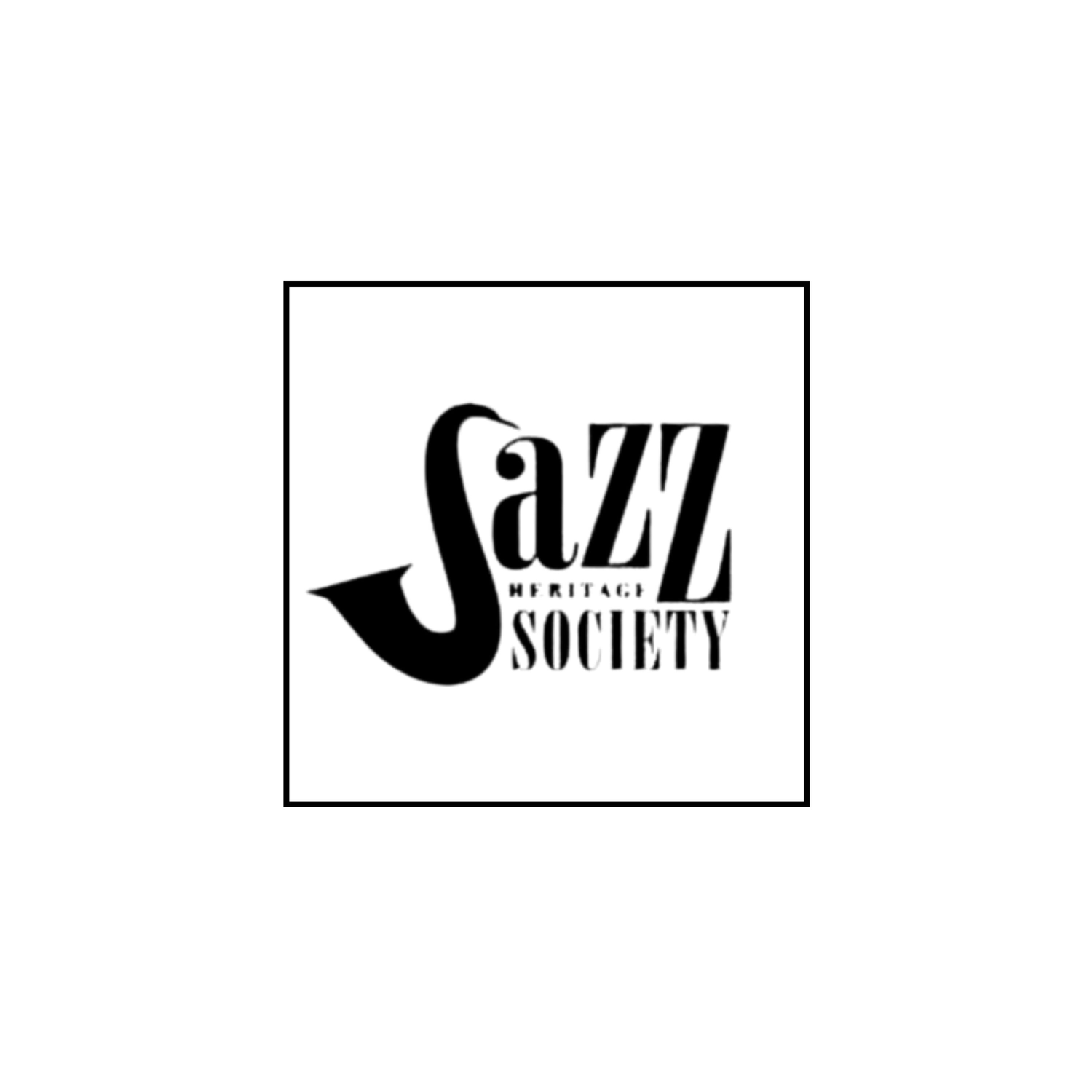Anton Rubinstein: Composer, Pianist, and Vision...
Explore Anton Rubinstein’s life, music, and the rare recordings preserved in the Musical Heritage Society
Read More
"Before God and as an honest man I tell you that your son is the greatest composer known to me either in person or by name."
Despite the snorting and other tokens of disapproval from those for whom "truth" must be factual, I've gone and purchased a videotape of the Shaffer-Forman film Amadeus. For me it remains a superb piece of filmmaking, and I think it works on the small screen as well as, or better than, it did on the big one. Though, where convenient, it uses some historical truths about Mozart and Salieri and their world, it is not really about Mozart and Salieri, however much characters called by those names may posture in its foreground. It is rather a meditation on the nature of that curious phenomenon that we call "genius" and have never satisfactorily explained.
What (besides desperation) occasioned that lead-in was not that Mozart's "Haydn" Quartets are featured in the film (they aren't), but that at one point Abraham-Salieri says to Hulse-Mozart, "Before God, you are the greatest composer known to me," in what may be intended as mockery but which veils an anguished sincerity. In essence the statement is historical. In full it should read something like this: "Before God and as an honest man I tell you that your son is the greatest composer known to me either in person or by name." But in fact the speaker was not Salieri and the speakee not Amadeus. The pronouncement was made at a Viennese soiree on a February Saturday in 1785 (when Amadeus had just turned 29) by the 53-year-old Joseph Haydn to Leopold Mozart, on hearing three of the quartets from the set under consideration. So much for "truth": at least it's closer to the real thing than what you get on commercials!
Haydn, who gets the credit for developing the modern string quartet, started writing such works probably around 1760 when he was in his late 20s. Mozart followed suit a decade later, when he was just half the age at which Haydn had begun. The first efforts of both men were essentially music for amusement-divertimenti, a generic name applied to several of them. For the next 20 years Haydn was kept busy at Eszterhaza fullfilling his patron's demands and did not, in fact, write quartets for the decade of the 1770s.
After 1780 he began to emerge as a "public" composer, and in 1781 wrote a set of six quartets which he advertised as having been written in a "new and special way." Some writers see nothing new here, but the consensus is that there is. Reginald Barrett-Ayres sees it as increased airiness and humor learned from none other than young Mozart.
But Mozart's admiration for Haydn was reciprocal, and so he reciprocated. He sat himself down and wrote six quartets (K. 387, 421, 428, 458, and 464-65) which he rather fulsomely dedicated to the older man as "protector" of his "children:' And, like Haydn's set, these were a landmark in the development of the genre. For once Mozart did not toss them off; he worked hard over them, as the erasures and changes show.
By The MHS Staff
Explore Anton Rubinstein’s life, music, and the rare recordings preserved in the Musical Heritage Society
Read MoreBy The MHS Staff
Celebrate the artistry of Jack Wilkins, his jazz guitar legacy, and his timeless recordings with
Read MoreBy The MHS Staff
Explore Sir András Schiff’s artistry and his enduring legacy through recordings with the Musical Heritage
Read MoreBy The MHS Staff
Explore the haunting beauty of Albinoni’s Adagio from his Concerto in B-flat Major for Oboe,
Read MoreBy The MHS Staff
Explore how Jim Hall’s Jazz Heritage Society recordings capture his subtle genius, emotional clarity, and
Read MoreBy The MHS Staff
Explore how Freddie Hubbard’s Jazz Heritage Society recordings reveal the full power of his bold
Read MoreBy The MHS Staff
There are music festivals, and then there’s the Montreal International Jazz Festival. For decades, it’s
Read MoreBy The MHS Staff
We explore Clark Terry’s 1966 live album at MoMA, spotlighting its musical brilliance and how
Read MoreBy The MHS Staff
Dig into compelling facts about swing legend Benny Goodman, revealing lesser-known details of his groundbreaking
Read MoreBy The MHS Staff
Explore the legacy and enduring brilliance of Benny Goodman’s most famous song, “Let’s Dance,” with
Read MoreBy The MHS Staff
Explore Kurt Weill’s legacy through the exclusive lens of the Musical Heritage Society’s curated recordings
Read MoreBy The MHS Staff
Explore fascinating facts about jazz legend Dick Hyman, including his hidden talents, rare recordings, and
Read MoreBy Gregor Benko
These works are winningly performed by the young American pianist Duncan Stearns, whose beautiful tone
Read MoreBy David M. Greene
One of the burdens of aging is retrospection. No matter how much one tries to
Read MoreBy The MHS Staff
This definitive Ellington collection from The Musical Heritage Society captures the spirit of jazz history,
Read MoreBy Robert MacAleer
Anyone familiar with the first three volumes in this series is well aware of the
Read MoreBy David White
When Max G started on his journey, the entirety of Vivaldi was probably one-tenth of
Read MoreBy David White
Balsam’s Haydn is comfortable side by side with Mozart and Beethoven, and while insights may
Read MoreBy David White
Nameless Haydn symphonies are like small college basketball teams during March Madness. Nobody knows them
Read MoreBy David White
I, like so many of my peers have always found that all Bach works for
Read MoreBy David White
So while Gershwin’s Rhapsody in Blue gets raked over the coals for possibly being appropriated,
Read MoreBy David M. Greene
I suppose you entertain some lovely fantasy image of The Romantic Pianist/Composer? Well, forget it!
Read MoreBy Frank Cooper
Whether we take their point of view or are content only to enjoy what we
Read MoreBy David White
I find the incessant rearranging as part of the career of a composer to be
Read MoreBy David White
Perhaps Bach’s original title for what is now known as the Six Partitas, BWV 825-830
Read MoreBy Kyle Gann, Fanfare Magazine
This recording is thoroughly delightful from beginning (or almost; skip the Ives) to end. The
Read MoreBy Richard Taruskin, Opus Magazine
Leo Smit was literally present at the creation, and as composer is a native speaker
Read MoreBy Spencer Bennett
Here's to two veteran musicians who never lost sight of the joy of playing for
Read MoreBy David M. Greene
My contact over there in the otherworld of Tinton Falls has taken to economizing by
Read MoreBy David M. Greene
The publishers of this journal, imbued with some sense of black comedy, want me to
Read MoreBy Spencer Bennett
Davern...is a marvelous clarinet stylist whose ideas and articulation of themes is so complete that
Read MoreBy Spencer Bennett
Elvis and Patti Page were not the only icons of the 1950s. I can remember
Read MoreBy David M. Greene
It is generally agreed that Johannes Ockeghem (accent on the 0, as in hope) was
Read MoreBy De Koven
What a teeming household that Bach ménage must have presented. How irascible, quick-tempered Bach ever
Read MoreBy David M. Greene
One of the burdens of aging is retrospection. No matter how much one tries to
Read MoreBy The MHS Staff
As with other "Conversations With" articles, we've included exclusive playlists for Apple Music and Spotify,
Read MoreBy David M. Greene
Venosa is a town in southern Italy a hundred miles east of Naples and seventy-five
Read MoreBy David M. Greene
In his day, old G.P. Telemann was Something Else! He couldn't seem to do anything
Read MoreBy Professor Adele Marcus
NOTE: To accompany this interview, we have created Spotify and Apple Music playlists of many
Read MoreBy David M. Greene
Writing these columns has been an education for me. I spent 40-some years yearning for
Read MoreBy Fanfare Magazine
By any standards this is an extraordinary album. It offers, by the way, more music
Read MoreBy David M. Greene
The only major genre in which Mozart presumably wrote more than he did in that
Read MoreBy David M. Greene
A recent history of 19th-century English music rather peevishly notes that, in terms of quanity
Read MoreBy David M. Greene
Ah, yes! I see by the old (actually current) calendar on the wall that it's
Read MoreBy David M. Greene
For those of you who came in late, a couple of introductions are in order.
Read MoreBy Karen Monson, Ovation Magazine
That's not to say that Yes, We Have No Bananas is quite on the order
Read MoreBy Maurice Peress
One would be hard pressed to think of a musical event about which more has
Read MoreBy David M. Greene
Never mind that his title pages read Sonatas for Piano with the Accompaniment of a
Read More
The Musical Heritage Society has been making classical music recordings for over...

The Jazz Heritage Society isn’t just a collection; it’s a carefully curated...
Loading checkout page...
Our Membership Benefits Include:
Become a Friend of MHS!
